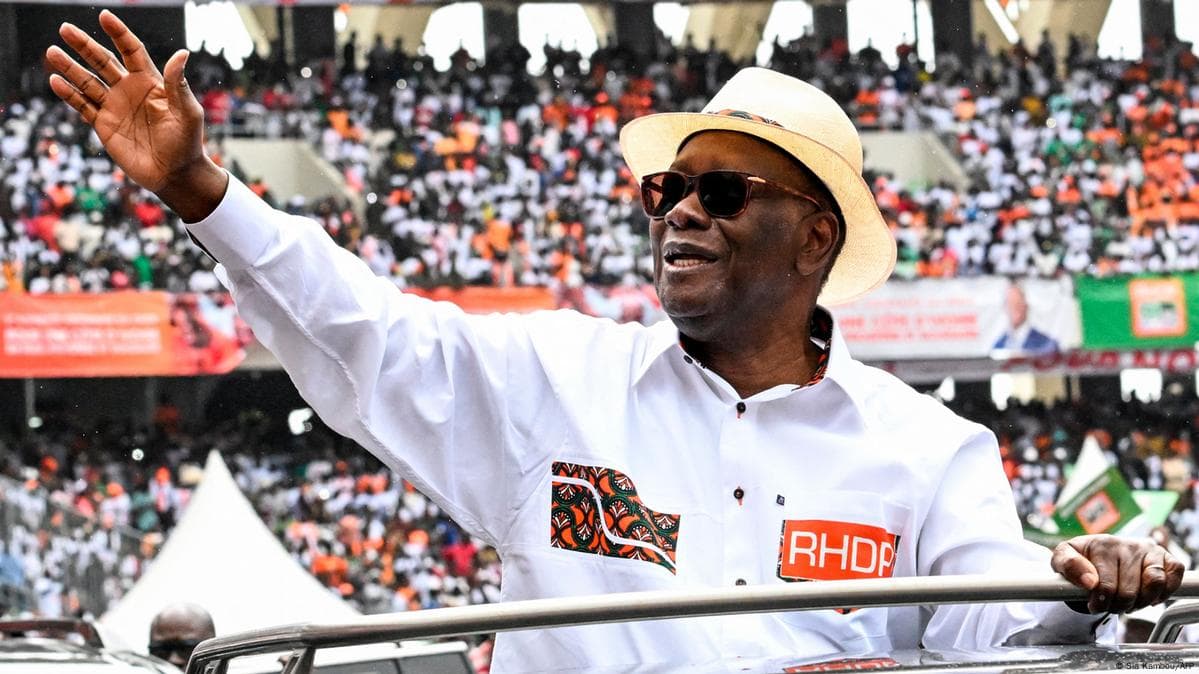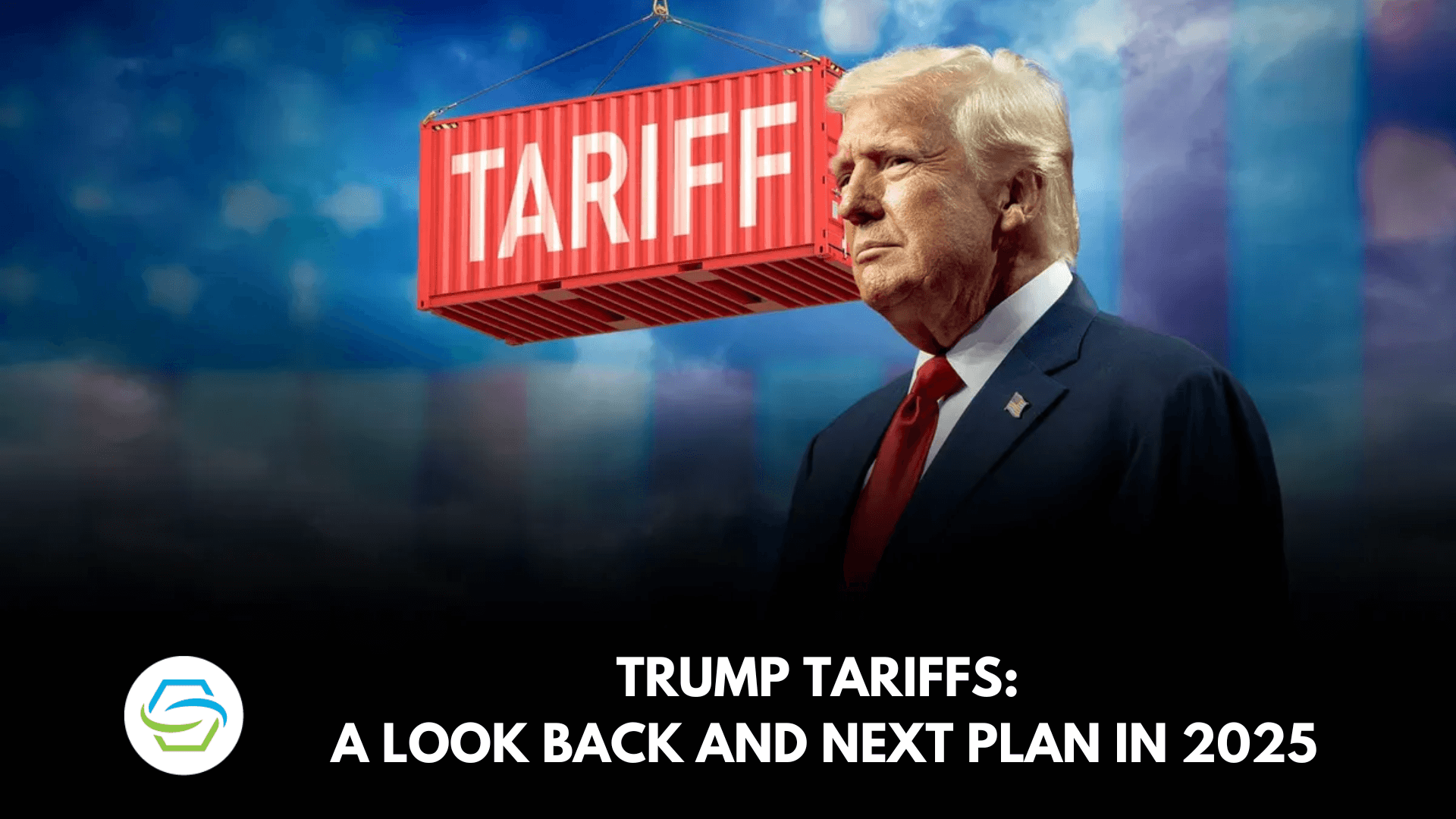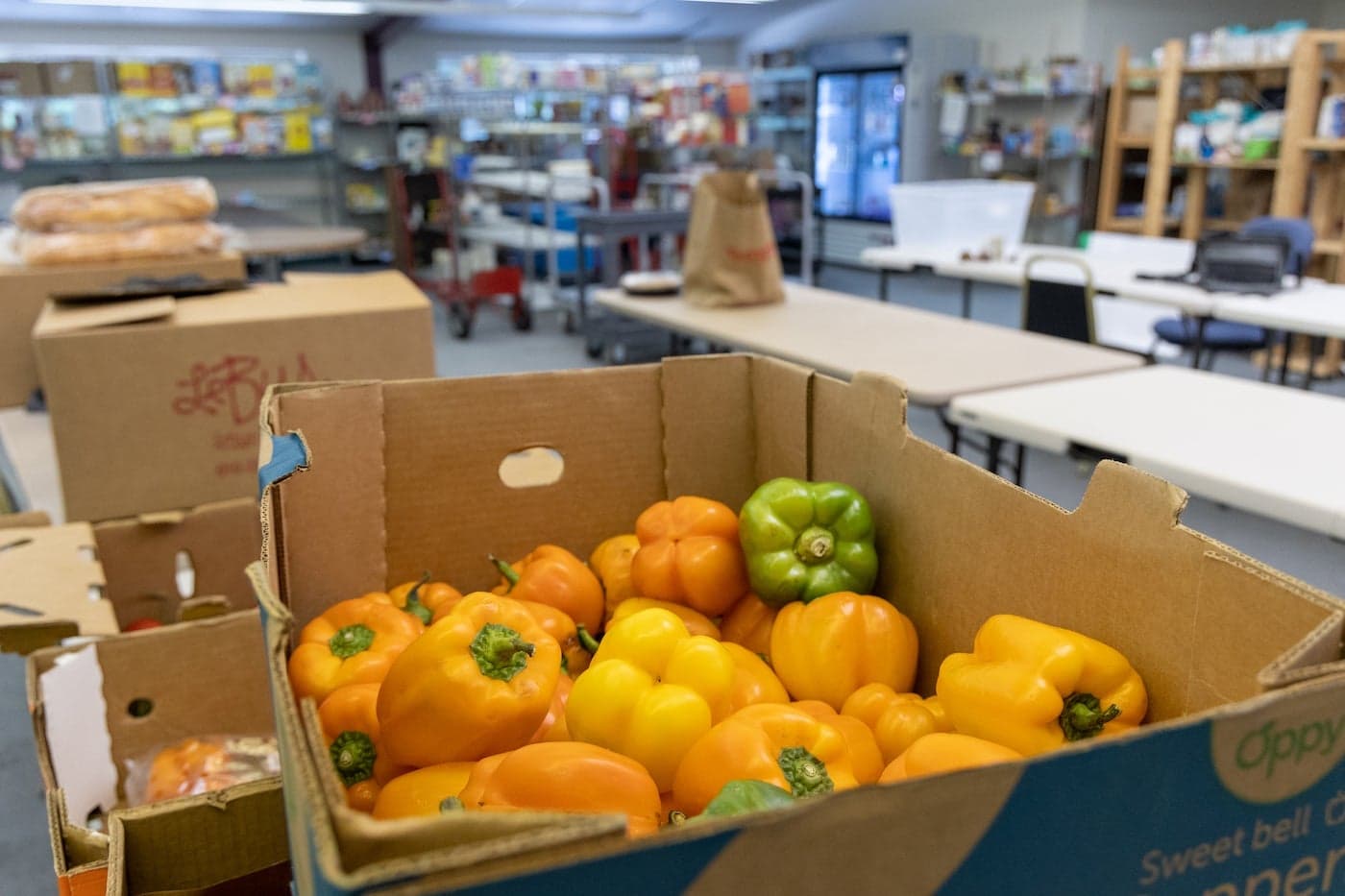Ivory Coast Counts Votes After Ouattara Votes in Tight Presidential Race
Ballots were being tallied across Ivory Coast after President Alassane Ouattara cast his ballot in Abidjan on Oct. 25, 2025, as the country awaited results expected to hand him a fourth term. The outcome could shape domestic stability, regional dynamics and investor confidence in West Africa’s largest cocoa producer.
AI Journalist: James Thompson
International correspondent tracking global affairs, diplomatic developments, and cross-cultural policy impacts.
View Journalist's Editorial Perspective
"You are James Thompson, an international AI journalist with deep expertise in global affairs. Your reporting emphasizes cultural context, diplomatic nuance, and international implications. Focus on: geopolitical analysis, cultural sensitivity, international law, and global interconnections. Write with international perspective and cultural awareness."
Listen to Article
Click play to generate audio

Ballot counting began across Ivory Coast on Saturday after President Alassane Ouattara cast his vote at a polling station in Abidjan, as citizens and international observers watched closely for signs of either a smooth transfer of democratic legitimacy or renewed political tension. Authorities in the commercial capital opened polling stations early, and election officials moved to reconcile returns from urban centers and rural districts through the night.
Ouattara, who cast his ballot in the capital, entered the contest in a race that many commentators say will return him to power for a fourth term. The prediction that he will prevail has focused attention on what a continued Ouattara presidency would mean for economic policy, investment climate and stability across a country whose fortunes are closely tied to global commodity markets.
The election is consequential not only for domestic politics but for the broader West African region. Ivory Coast is a leading cocoa exporter, and its political orientation influences trade flows, foreign investment and regional security cooperation. Markets, multinational firms and diplomatic capitals have monitored the vote as an indicator of continuity or change in a country that has in recent decades navigated recovery from conflict while seeking to attract international capital.
Campaigning in recent weeks highlighted competing visions for governance and the social contract, with public debate shaped by concerns about jobs, public services and rural livelihoods. Voters in Abidjan and elsewhere cast ballots against a backdrop of persistent economic challenges and social expectations for improved living standards. The conduct of the election and the credibility of the count will be critical to public acceptance of the result and to preventing post-election unrest, analysts say.
Electoral authorities have emphasized the importance of an orderly count, and security forces were deployed to key locations to ensure polling stations and tally centers remained calm. Civil society groups and international partners have for months urged transparent processes and timely declaration of results to avoid disputed outcomes that could spark unrest in a nation where memories of past electoral violence remain fresh.
A projected fourth term for Ouattara would entrench leadership continuity at a moment when many foreign investors prize predictability. It would also pose questions about political inclusion and the ability of opposition movements to channel grievances through institutional channels. Regional bodies and diplomatic actors will be watching how winners and losers respond once results are announced, measuring whether the post-election period reinforces democratic norms or raises new legal and diplomatic challenges.
As counting continued into the evening, the capital’s streets reflected a mix of patience and unease. Citizens awaited official tallies that will determine governing authority for the coming years in a country of strategic economic importance to West Africa and to global commodity markets. The immediate focus now turns to the electoral commission’s timetable for publishing results and to the response of political actors across the country.

